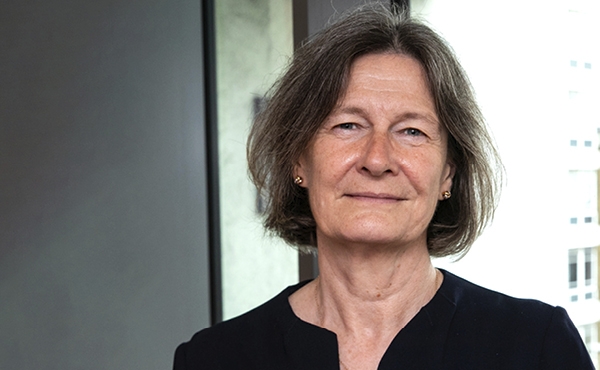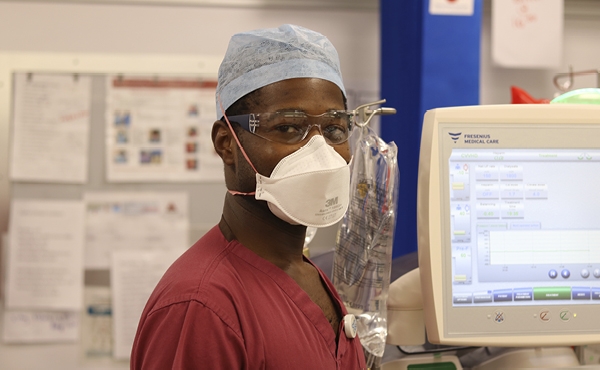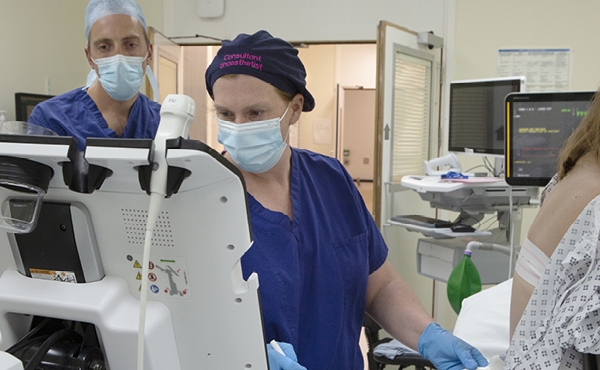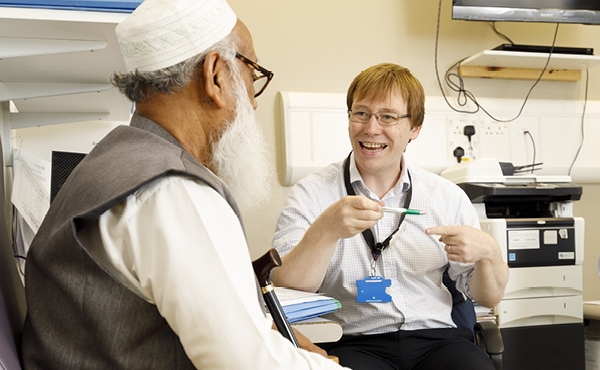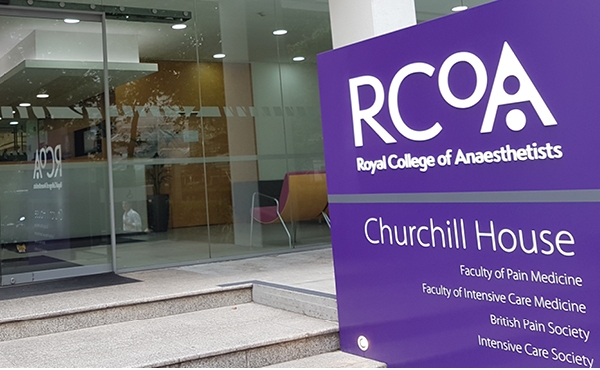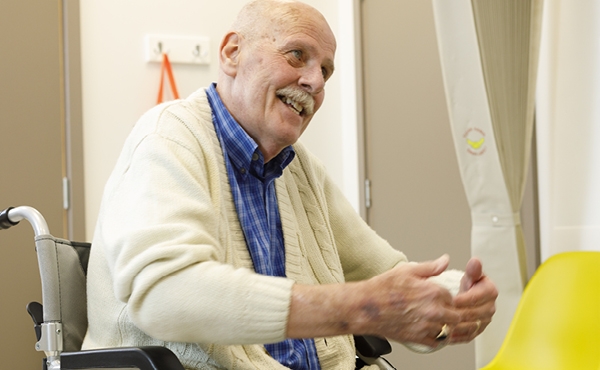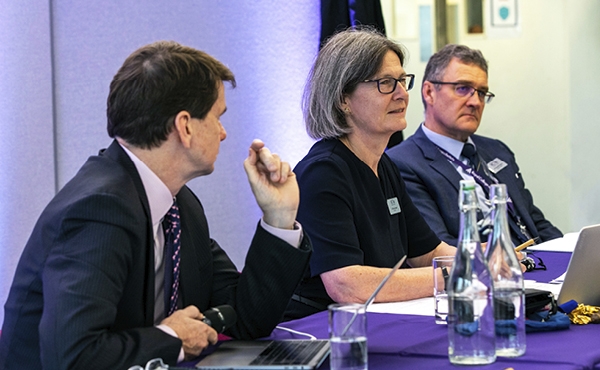2021 Annual Review: supporting anaesthetic departments
Clinical quality and research
Good anaesthetic departments have a strong culture and leadership that prioritise patient safety, quality of care and improved patient outcomes, as well as staff wellbeing.
ACSA has continued to see growth, with 74% of NHS organisations now registered with the scheme and 41 NHS anaesthetic departments gaining accreditation. We have adapted the ACSA process to a hybrid model to better support departments’ progression through the scheme.
Following the launch of the web portal for our ACSA community in 2020, which enables anaesthetic departments to track their progress across the standards, we have also made the Good Practice Library freely available to all registered departments.
Two new chapters of GPAS: Perioperative Care of Elective and Urgent Care Patients and The Good Department were published in 2021. The Good Department in particular focusses on the professional needs of members, not just on the technical aspects of clinical service delivery, describing departments in which anaesthetic and support staff want to work in. Good anaesthetic departments have a strong culture and leadership that prioritise patient safety, quality of care and improved patient outcomes, as well as staff wellbeing. Workforce wellbeing is a theme that will be built on through our new strategy.
Patient Safety
The College and the Association of Anaesthetists continue to work closely under the umbrella of the Safe Anaesthesia Liaison Group and successfully delivered its Patient Safety Conference in November in conjunction with the Difficult Airway Society. A recruitment campaign provided 33 SALG Regional Safety Leads, who are instrumental in sharing and spreading best practice, and supporting anaesthetists undertaking patient safety work.
Preventing unrecognised oesophageal intubation has been the subject of talks at many of our recent educational meetings following a coroner’s report. We have developed a page on our website to highlight the learning developed when the College receives reports aimed at preventing future death, to ensure that lessons learned from these tragic cases are incorporated into practice.
With the backlog in elective surgery, there has never been a greater need for the type of improvements that PQIP is trying to promote.
Improving outcomes and efficiency through Quality Improvement
With the backlog in elective surgery, there has never been a greater need for the type of improvements that PQIP is trying to promote. From PQIP we know that DrEaMing within 24 hours is associated with reduced length of stay, and were delighted that DrEaMing has been confirmed as a Commissioning for Quality and Innovation (CQUIN) by NHSEI, for which the evidence base came entirely from PQIP.
PQIP is also collaborating with the Perioperative Medicine Clinical Trials Network (POM-CTN) generated clinical trials to embed studies to further improve the evidence base for what we do – the first of these, VITAL, will compare intravenous and inhalational anaesthesia in patients having major surgery in at least 40 NHS hospitals, and started recruiting in Autumn 2021.
NELA published its seventh annual report in 2021 showing that an increase in pre-operative risk assessments and enhanced patient care has reduced the 30-day mortality rate despite the pressures of the pandemic. While the improvements are very positive, the NELA report shows that there are still concerns, for example over the treatment of patients with suspected sepsis, with 78% not receiving antibiotics within the recommended one hour.
Our flagship audit programmes - NAP7 on perioperative cardiac arrest and SNAP3 on frailty and delirium - are both progressing well. The NAP7 team has worked with local trainees to conduct ACCTRack (Anaesthesia and Critical Care COVID Activity Survey), a series of snapshot surveys that examined the impact of COVID-19 on anaesthesia and critical care services in the UK.
The National Institute of Academic Anaesthesia (NIAA) ran one rather than two rounds of grant applications in 2021 due to COVID-19 but still considered 30 applications, with 12 successfully funded, providing £634,580 in grant funding in year.
A big thank you
Our thanks go out to all our collaborators for your continued work and engagement in our clinical quality research programmes throughout the COVID-19 pandemic.



